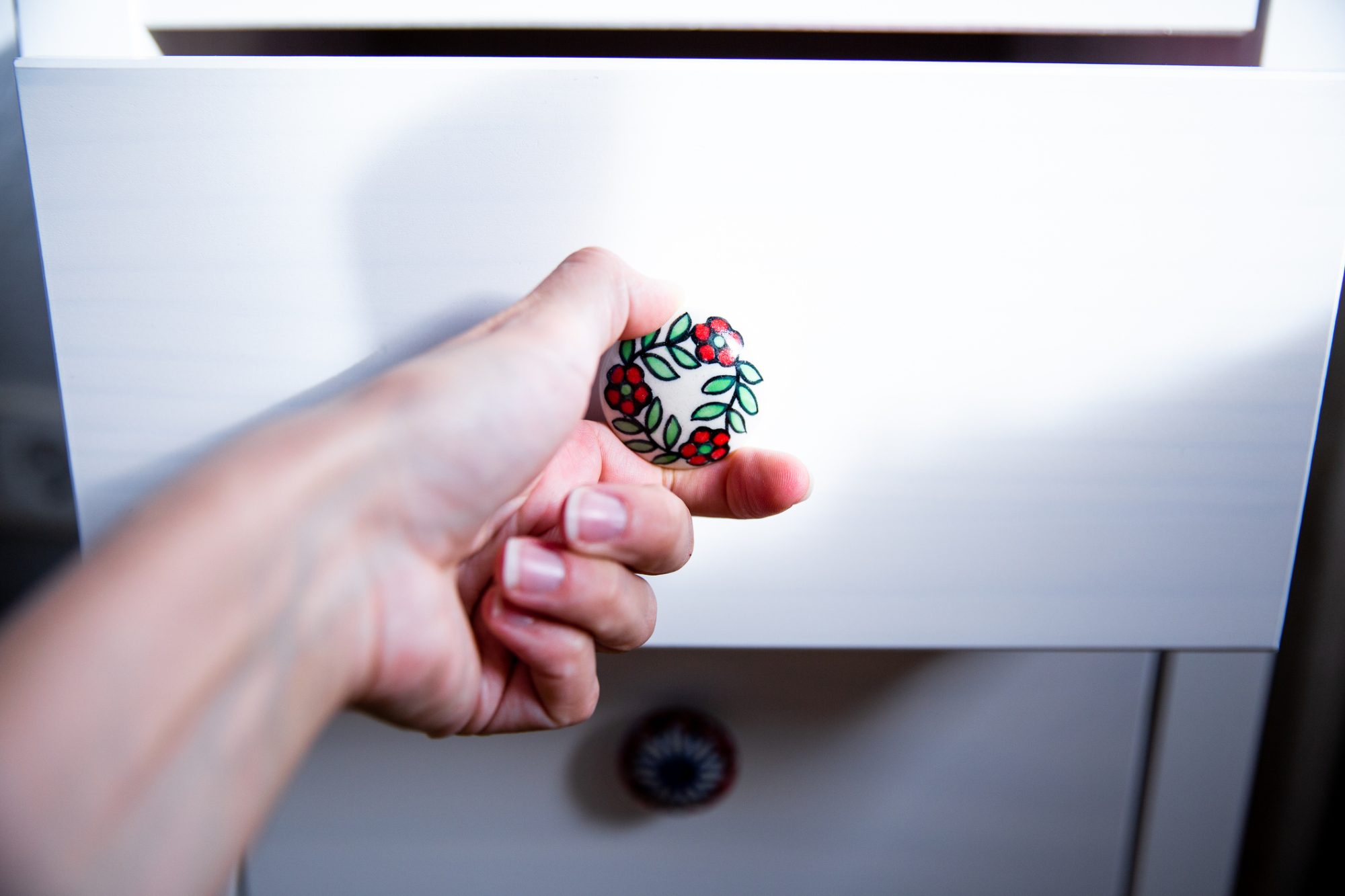
It can be challenging to navigate the teenage years. As teens test their independence, they may pull away more and open up less to parents.
It's natural and normal. But parents still want and need to guide their almost-adult children. That means ensuring they are safe and healthy, even as they may begin to discuss sex, teen pregnancy, drugs, and other challenges with their friends. Teens may be uncomfortable talking to their parents about these topics, and the feelings can be mutual.
One Redditor thinks they found a solution: A drawer that can be used with no strings or questions attached. They took to a forum to ask for advice on what to put in it, and commenters responded in droves. But an expert has mixed feelings on the idea. Here is more background on the situation:
"I saw this idea [for a no questions asked drawer] somewhere and thought it would be a good way to make sure a teen has access to health, etc., supplies without them having to have a potentially embarrassing conversation upfront," started u/hilaryflammond in the Parenting subreddit. "I would expect them to talk to me eventually (we're close) but don't want any awkwardness to be a barrier to getting something they need when it is needed."
The original poster (OP) added they plan to put a sign, "Take what you need, no questions asked." The parent already has some ideas for what to put in it.
"[I'm] thinking of including period supplies, condoms, pregnancy test, [and] maybe a Narcan kit," OP continued. "[I] would make it known to my own teen that these things were there, and if they or any friends ever need them, they can take what they need and will not be interrogated about it."
OP wanted to know if anyone had any other ideas. The post racked up more than 400 comments in less than a day. Some focused on mental health.
"Mental health resources. Suicide prevention hotline numbers and text line numbers. Relationship abuse info, maybe info on confidentiality rights for minors in your state? You can download or order a lot of free resources from places like https://store.samhsa.gov/," wrote one person.
"Piggybacking on this. A postcard or something from the Trevor Project could be good too (even if not applicable to your kids, it could be helpful for their friends)," wrote another.
(If you or someone you know is thinking about suicide, help is available. Call or text the 24/7 National Suicide Prevention Hotline at 1-800-273-8255.)
Others suggested some sweet physical items.
"A small note pad [in] case someone needs to express something discreetly and something cute/sentimental for secret hugs," suggested one.
"Honestly? Knowing that drawer is there would be daunting for me if I were your child, so I'd put some chocolate, gum, baby wipes, face masks for pimples—something less intimidating in there as well, to lighten the load a little," replied another.
And one raised a valid point.
"Realistically, you probably would feel compelled to talk to your kid/s if you notice the Narcan & pregnancy tests missing often, right? And I'm assuming they would know this and might avoid taking that stuff unless you make it clear that any conversations regarding these issues will be free of judgment. Just an initial thought. I think it's a good idea too," someone else said.
That's where one expert gets a bit hung up on the idea of a no questions asked drawer: The conversations around these issues may be tough, but they're crucial.
"When implementing a no questions asked drawer at home, it is vital to have a conversation with the teen about each item in that drawer and how and when to use these supplies," says Rebecca G. Cowan, Ph.D., LPC, NCC, BC-TMH, DCMHS, a professor in the college of social and behavioral sciences at Walden University. "Additionally, parents should still encourage their teen to have a conversation with them should they ever need items from the drawer."
How to Tackle Tough Topics With Teens
You may not have to bring up a heavy topic; the teen may just open up, and that's a good thing.
"If a teen brings up a challenging issue, do not shut this down," Dr. Cowan says.
But you may not know what to say next. And bringing up a topic can be even tougher to navigate for parents. Dr. Cowan offered some guidance.
Building and maintaining trust is essential during the teenage years. Having conversations about drugs, mental health, and sexuality may do more for your teen than letting them secretly pull items out of a drawer, however well-meaning that idea is.





